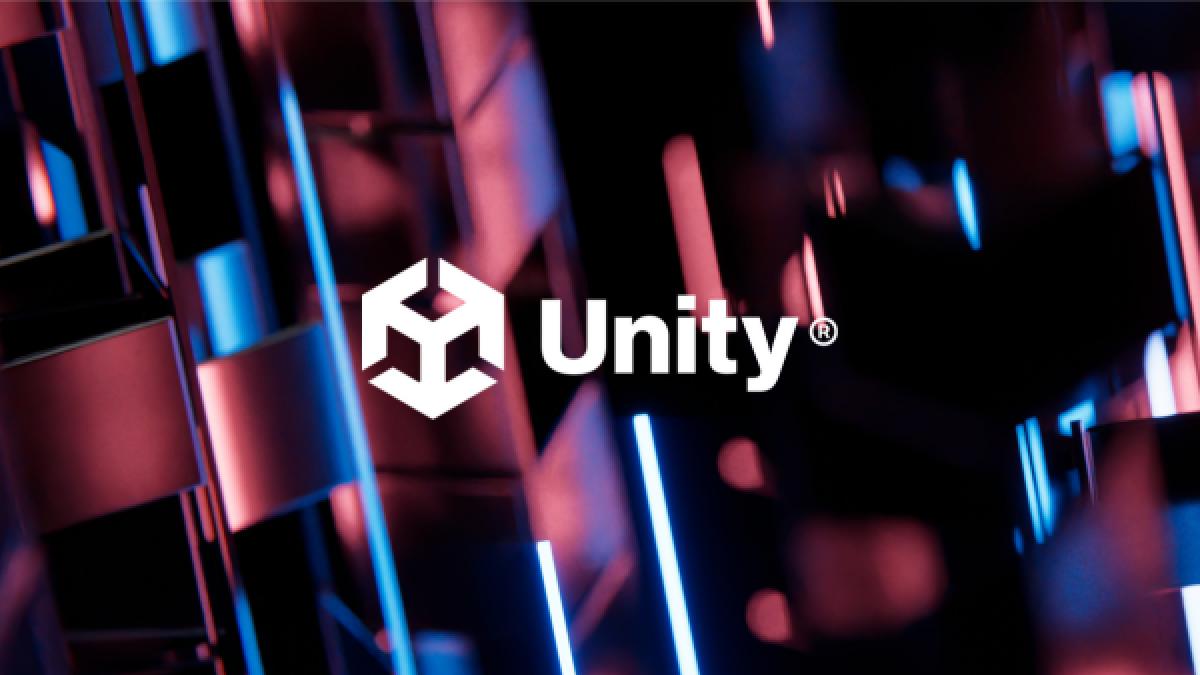Effective January 1, 2024, we will introduce a new Unity Runtime Fee that’s based on game installs.
We are introducing a Unity Runtime Fee that is based upon each time a qualifying game is downloaded by an end user. We chose this because each time a game is downloaded, the Unity Runtime is also installed.
Games qualify for the Unity Runtime Fee after two criteria have been met: 1) the game has passed a minimum revenue threshold in the last 12 months, and 2) the game has passed a minimum lifetime install count.
Unity Personal and Unity Plus: Those that have made $200,000 USD or more in the last 12 months AND have at least 200,000 lifetime game installs.
Unity Pro and Unity Enterprise: Those that have made $1,000,000 USD or more in the last 12 months AND have at least 1,000,000 lifetime game installs.
This means that if you have made more than $200K in the last 12 months and have lifetime installs of over 200K, you’ll have to pay per game install. It won’t affect most people but this sounds outrageous. It’s a good time to be a Godot enthusiast. Unity really is insanely desperate these days.
Unless you have an irrational hatred of open-source, I don’t know why you wouldn’t be using Godot at this point.
People who stick to Unity:
I’ve seen lots of games with a Unity and Unreal splash screen. I don’t think I’ve ever seen a game using Godot.
Developing a game is a long expensive project and developers need to be sure that their tools are viable for the sort of game they want to make.
You pay to remove the unity splash screen.
You can choose to include it with Godot.
It also doesn’t appear to support any consoles. So that’s another reason not to.
Dome Keeper and Cassette Beats are two notable games made made with Godot. As to the second point, making games is a long process, but it doesn’t have to be expensive. That depends entirely on the skills of the developers, and the nature of the game.
Easy to strawman unity devs when you paint them as “irrationally hating open source”. What a highly productive argument.
Also read as: Unity shoots itself in the foot again
But think of all the value they’re creating for shareholders!
I’m curious what happens if a developer cancels their contract and refuses to pay?
Does that mean I can no longer install the games I already own?
Edit: Looking more at the pricing across the various plans, it seems more like a way to force lower tier subscribers into the higher tier plans. It’s like 20 cents an install for the cheaper plan, but drops to 1 cent for Enterprise customers.
Doing it per installation is still fucking bullshit though. Do it per sale, unless you’re not tracking that. In which case how are you tracking how much money they’re getting?




